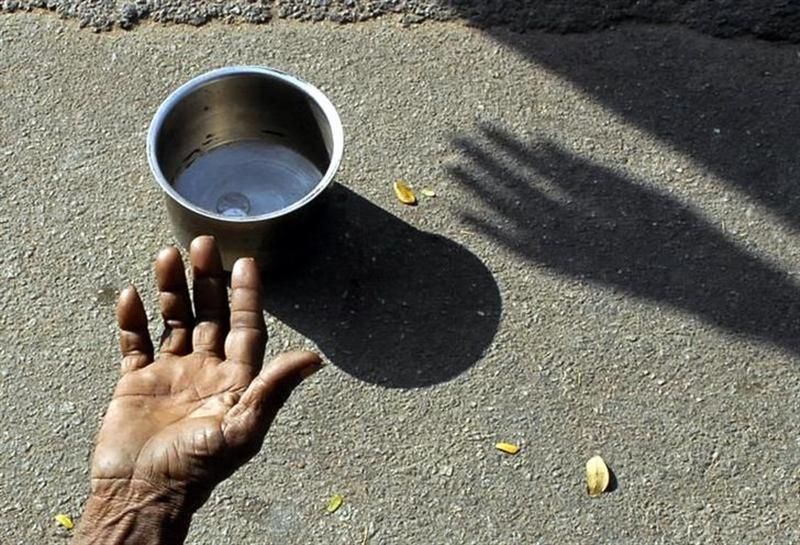KUALA LUMPUR, Sept 3 — Consumers Association of Penang (CAP) today called on Putrajaya to set up a Royal Commission of Inquiry (RCI) to find out whether the recent United Nations (UN) report which stated that Malaysia’s poverty rate is higher than official government figures is true.
Its acting president Mohideen Abdul Kader said that an RCI is critical as it can impact the government’s budget allocation, which has real consequences for the poor.
“Given the urgency of the issue as it impacts upon the way government budgets are allocated and policies formulated, with serious consequences to the poor on the ground, CAP calls upon the government to set up an RCI to investigate this scandal with three key objectives:
“To establish an accurate picture of poverty in Malaysia.
“To identify institutional weaknesses in developing effective development and poverty alleviation policies.
“To recommend urgent reforms of the government delivery system to ensure that it is poverty focused, is supported by a strong local governance framework and consistent with the government vision of a shared prosperity,” said Mohideen in a statement today.
He pointed out that if the report by UN special rapporteur on extreme poverty and human rights Philip Alston is accurate, it means that official government policies of the recent past have not been effective in delivering development outcomes.
The activist criticised the government saying it has deluded itself and its successes by continuing to implement the same “failed policies” and that this is a major scandal that must be given the highest priority.
At the same time, he claimed that CAP had raised this matter many times and accused Putrajaya of losing “line-of-sight” on the poor and vulnerable populations, leading to the implementation of development projects that have failed to reach the poor and pushed the vulnerable into poverty.
“Mega reclamation projects such as Forest City in Johor and the Penang’s South Reclamation are examples of development projects that negatively impact vulnerable coastal communities that risk pushing them deeper into poverty.
“At the heart of this damning finding by the UN is the failure of government institutions to develop honest, transparent and effective metrics to address issues of poverty alleviation and inclusive development in government policy making.
“Unless we fix this problem, we will never attain the vision of shared prosperity as outlined by Prime Minister Tun Dr Mahathir Mohamad,” he said.
Mohideen added that there are multiple tools that the government can utilise to measure poverty and allow the voices of the poor to be heard such as the World Bank’s Social Observatory or the Multidimensional Poverty Index (MPI) by Oxford University.
He then pointed out that Dr Mahathir’s economic adviser, Dr Muhammed Abdul Khalid, as having highlighted the need for Malaysia to change its method of measuring the poverty rate.
The economic adviser had quoted data from Economic Affairs Minister Datuk Seri Azmin Ali, who claimed that official data said states like Johor, Melaka, Selangor, Kuala Lumpur and Putrajaya has zero poverty.
He added that Malaysia needs to recognise that its institutions have failed and is in urgent need of reforms but like an alcoholic, it must first acknowledge that the nation has a serious problem.
“One only needs to look at the increasing number of homeless children and the long lines at the soup kitchens in the heart of Kuala Lumpur or Kota Kinabalu or Johor Baru to know that the official poverty rate cannot be so low.
“Unless, of course, our officials are blind to what is happening at the ground and are deaf to the plight of the poor,” Mohideen said.



















